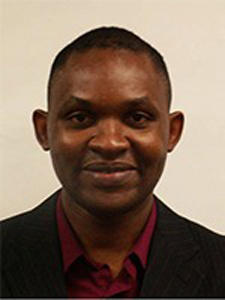Program Information
Access for Minorities to Physics Education & Research Excellence (AMPERE)
W Ngwa1*, (1) Brigham & Woman's Hospital, Dana Farber Cancer Insititute and Harvard Medical School, Boston, University of Massachusetts at Lowell, MA
MO-F-134-4 Monday 4:30PM - 6:00PM Room: 134Purpose: The low performance and number of minorities in physics is now well documented. On interviewing minority students to find out if they could identify any obstacles, the African American Students shared that an invisible obstacle was the choice they had to often make either to go to school and lose their friends or keep them and not go to school. This presentation highlights the approach I have since employed to enhance performance/training of minorities in Physics, and how I am applying the lessons learned in enhancing Medical Physics learning at my current institution.
Methods: The Access/Alliance for Minorities to Physics Education & Research Excellence (AMPERE) program was created to provide a Physics community/network for the Minority students for peer interaction where they served as friends to each other and challenged and encouraged each other to perform well in physics. I served as faculty mentor with an extra weekly tutoring session. Their performance levels before and after instituting the AMPERE program was compared. Later I applied the community model in the teaching of Radiation Therapy Physics, by creating a discussion forum online on Blackboard Learn. A survey was then conducted to compare satisfaction levels against students who took the course the previous semester without the Blackboard community.
Results: A major increase in performance over 30% was observed for the AMPERE students. Initial results also provide anecdotal evidence that Medical Physics students had a better learning experience when participating on the online version of AMPERE
Conclusion: Creating a community for peer interaction as with the AMPERE program or online could enhance Medical Physics learning. The results motivate a cross-institutional study (larger population) as well as possible extension of this to the IAEA VUCCNET online program for training Medical Physicists in developing countries
Contact Email:


